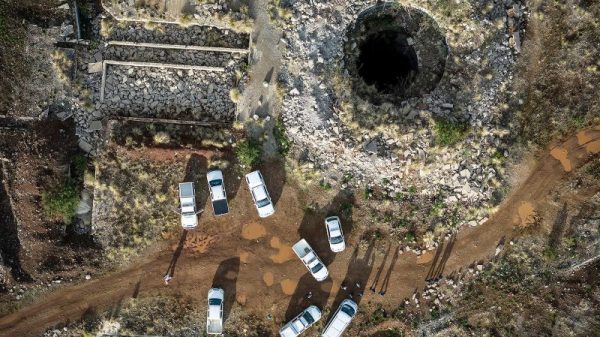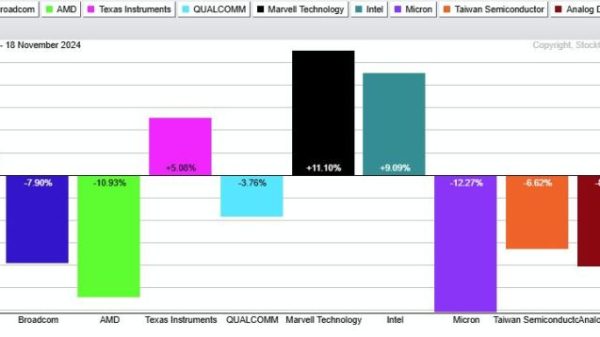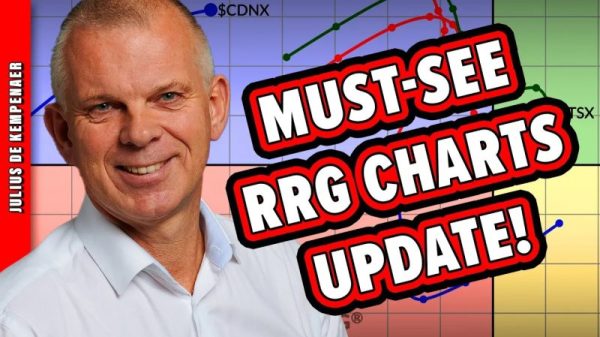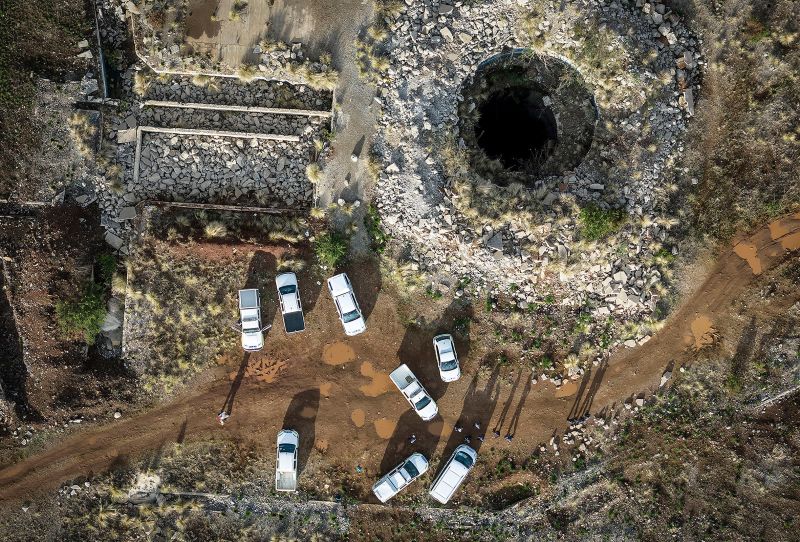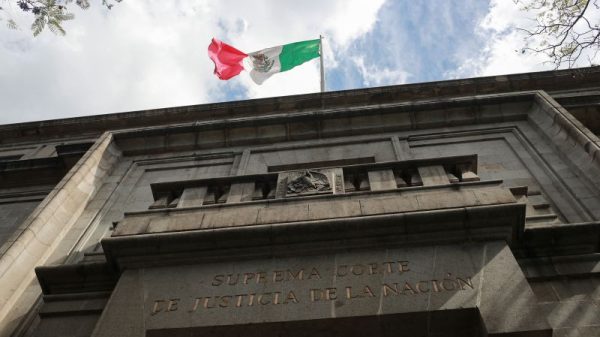The South African government, through its various spokespersons, has categorically stated that they will not extend aid to the approximately 4,000 illegal miners, also known as zama zamas, operating in a decommissioned mine. This decision raises many questions regarding the government’s stance on illicit mining activities and the well-being of the individuals involved.
First and foremost, it brings to the fore the issue of illegal mining, a rampant problem in South Africa that the government has been battling for years. Illegal miners take serious risks, operating under potentially hazardous conditions in mines that are officially closed and therefore not maintained for safety. The decision not to assist these miners can be interpreted as a stern warning and a deterrent to discourage such activities.
Illegal mining not only poses significant safety risks but also results in an estimated revenue loss of about 6 billion rand annually to the country’s economy. Unregulated mining activities deplete the country’s mineral resources, negatively impacting the economy, and often involve criminal syndicates, adding another layer to the illegalities.
South Africa’s mining law, the Mineral and Petroleum Resources Development Act (MPRDA), declares that all mineral resources within the borders of the country belong to the nation. Anyone conducting mining activities must therefore acquire rights from the government. Illegal miners operating without these rights are thus in direct contravention of these laws.
By denying assistance to these miners, the government is sending a clear message that it does not condone the breaking of rules. The stance is meant to be a necessary deterrent against illegal mining and a warning to others who might be contemplating such activities. Instead of bailing out those involved in dangerous and unlawful work, efforts are being concentrated on more productive areas.
However, while the government’s action is justified from the perspective of upholding the law and discouraging illegal activities, it also raises questions about the welfare of the people involved in such dangerous jobs. It’s important to ask what leads these miners to risk their lives in old, unsafe mines.
It’s evident that socio-economic issues such as unemployment and poverty significantly contribute to the prevalence of illegal mining in South Africa. While it’s crucial for the government to implement stringent rules to discourage unlawful activities, such problems cannot be effectively addressed without tackling their root causes.
In conclusion, while the South African government’s decision not to aid the illegal miners might seem harsh, it is part of an effort to clamp down on unlawful activities. By addressing the underlying issues such as unemployment and poverty, the government hopes to provide alternatives to people who might otherwise be tempted to engage in illegal mining. It’s a delicate balancing act between law enforcement and socio-economic development, one that is crucial for the long-term stability and progress of the country’s economy.














